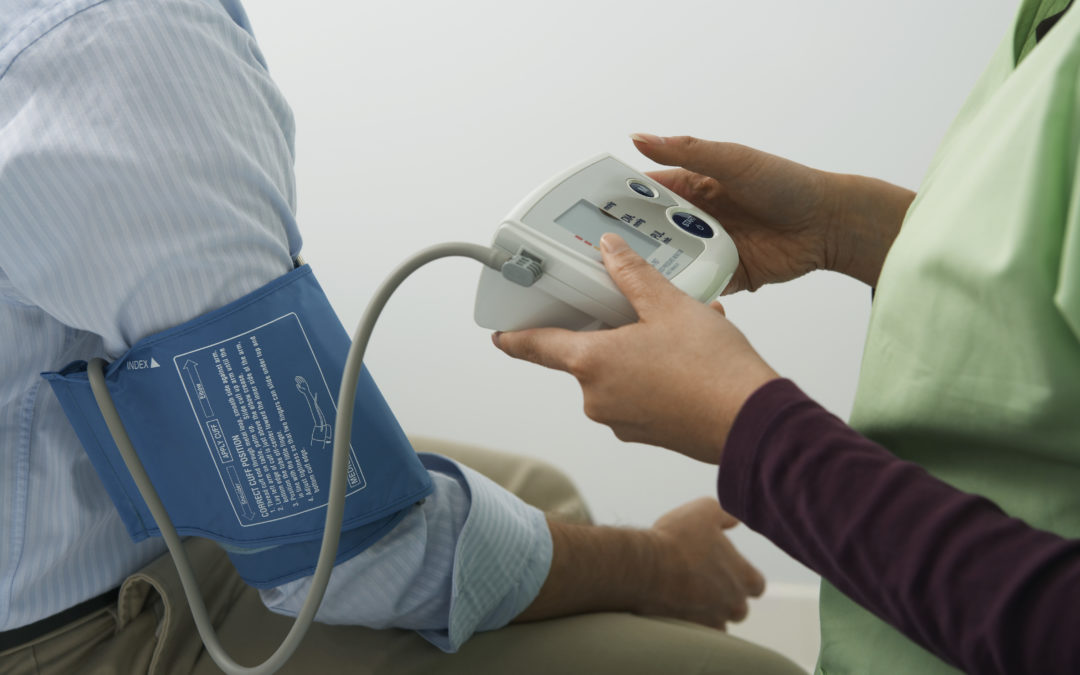There are a lot of reasons that dentists need to know about any blood pressure problems you have or any medication you take. High blood pressure is a serious issue in the US, causing almost 60,000 deaths per year. That’s why we understand the importance of monitoring this condition with you at Danville Family Dentistry.
Reasons for Blood Pressure Checks at the Dentist
There are good reasons for checking your blood pressure before seeing a dentist, or when you come into the office.
- The more knowledge we have, the better we can treat your oral health. If you are stressed out about a dental procedure, your blood pressure might spike. When blood pressure gets high enough, an emergency situation could occur, like a stroke. If you and your dentist both take steps to reduce stress during dental procedures, the healthier your blood pressure will remain.
- Anesthesia can affect your blood pressure. In hopes of reducing stress and helping you remain calm and comfortable during your visit, the dentist will likely use a local anesthetic. Many anesthetics have epinephrine in them. This ingredient helps keep you numb while we work on your mouth. Epinephrine, however, can constrict your blood vessels, which is a dangerous combination for someone with high blood pressure. But, if we know you have high blood pressure during the treatment planning, we can provide you with the appropriate amounts of medication to keep you comfortable and healthy.
- Always know your blood pressure. There is a reason you see blood pressure machines everywhere, allowing anyone to test their own pressure. High blood pressure can frequently go undiagnosed, so the more often you have the opportunity to get it checked, the healthier you can stay.
High Blood Pressure and Gum Disease
Science has proven that poor oral health and gum disease can lead to high blood pressure. If you have gum disease, you’re more likely to have extra bacteria in your mouth. This bacteria can enter infected gum tissue, which then enters your bloodstream. This is where researchers believe a plaque build-up can come from. When you have plaque build-in your blood stream, you’ll end up with high blood pressure.
If you have been diagnosed with high blood pressure, some of the medications can cause dry mouth. A lack of saliva in the mouth can also lead to gum disease. You can prevent this risk factor simply by brushing and flossing regularly, not to mention seeing us twice a year for a cleaning and check-up.
Schedule your check-up today to talk about other preventive measures. You can reach us at 317-745-4400.
Are you on Facebook? We are, too. Let’s be friends!
Disclaimer: The information included in this article is for educational purposes only. It should not be used as a substitute for professional medical advice, diagnosis or treatment.


 (317) 745-4400
(317) 745-4400
